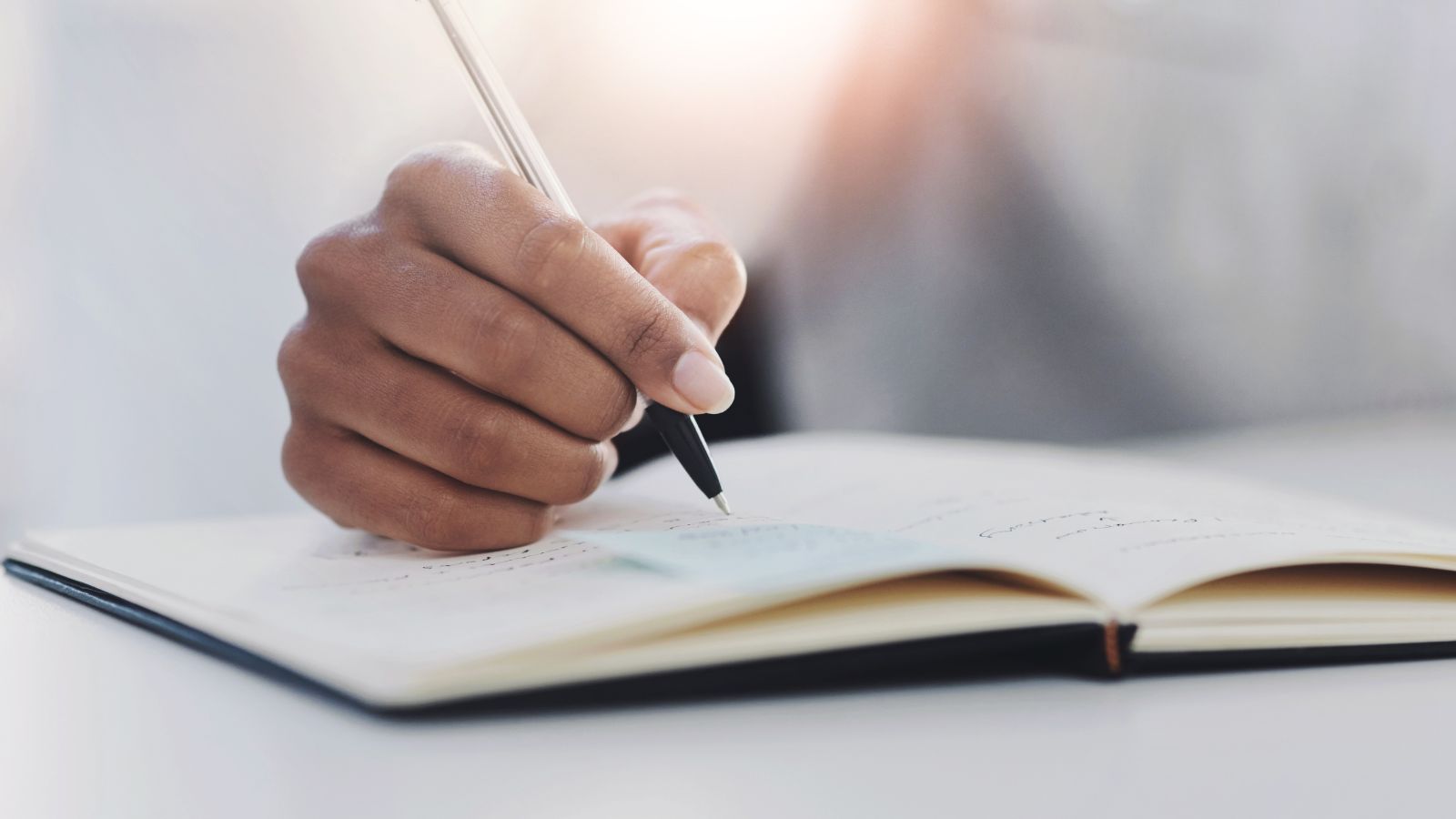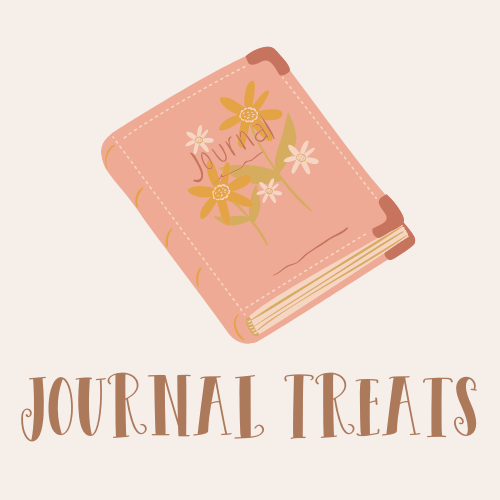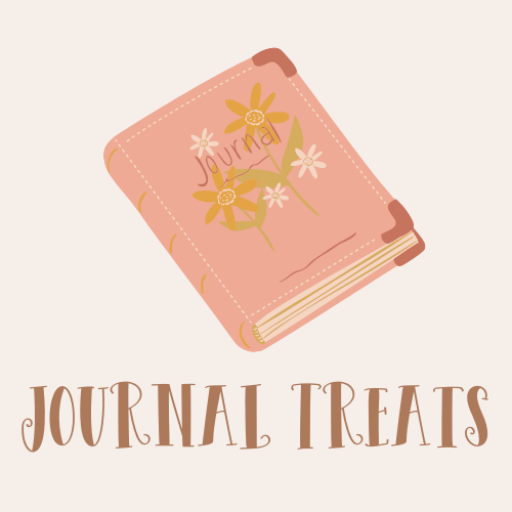
Finding Self-discovery Through the Power of Journaling

Journaling involves more than just scribbling down what you ate for lunch or who you saw at the store, although it’s perfectly fine if that’s your style. In fact, writing helps you peel back the layers of your day-to-day life and discover more about yourself in the process. Each journal entry you make is a small step toward understanding who you are and what makes you tick. Let’s find out more about that.
Your Very First Journal Entry

There’s something special about the first page of a new journal because it’s blank and full of potential. Whether you’re starting on New Year’s Day or a random Tuesday, that first word is your personal “hello” to a journey of self-discovery. It’s a picture of where you’re at and where you hope to go.
Picking Your Perfect Journal
Choosing a journal can feel a bit like finding the perfect pair of shoes, as it needs to fit just right. It doesn’t matter if you’ve chosen a no-frills notebook or something fancy with a leather cover as long as you’ve picked something that makes you excited to write. After all, this is something that’ll hold all your secrets, so choose wisely.
Making Time to Write
If you have a few minutes before bed or right after your morning coffee, then that’s the perfect time to jot down some thoughts. You should try to make journaling a part of your daily routine because this can be pretty comforting. This is your chance to unwind and reflect or maybe even have a few laughs at what the day has brought you.
Keeping It Under Lock and Key
If the thought of someone reading your journal gives you the creeps, you’re not alone. Lots of people treat their journal like a private diary because it’s the one place where you can be totally honest and raw. Having a special spot to express yourself without filters is liberating, which is what makes journaling so valuable.
To Type or Not to Type

These days, you can keep a digital diary on your tablet or phone with password protection, although some still swear by the old-school method of pen and paper. There’s just something about physically writing things down that feels right for a lot of us. Even so, each method has its perks.
Drawings and Doodles
Who says journals are just for writing? Sketching or slapping a sticker on the page also counts, and these visuals can often reveal as much about your feelings and dreams as words do. Adding something visual can break up the monotony of pages filled with text, giving your eyes a rest and your mind a way to express itself.
One Journal, Many Themes
You can also try mixing things up with different books for different themes. For example, you could have one for dreams, one for gratitude, and maybe another for daily reflections or travel. This way, you’ll keep your thoughts organized, and it’ll also be far easier to look back and find specific memories.
The Past Revisited
Flipping through old entries is pretty comforting and can give you a good laugh or a pause for thought. You might find surprises about who you were back then versus who you are now. Seeing your own growth in your handwriting is incredibly affirming and can motivate you to keep pushing forward.
Journaling Through Tough Times

Everyone feels better after talking things out and writing in your journal can be just like that. Scribbling down the tough stuff can help clear your head and maybe make a big problem feel a little more manageable. Think of it as a dumping ground for all the mental and emotional clutter that can build up over the day, which you should then clear out regularly.
Sharing the Journey
While most journals are private, sometimes sharing an entry with someone you trust can really open up a conversation. After all, this could help them understand you better or give you both a new perspective on things. Essentially, you’ll be able to strengthen your connections with people who matter by allowing them into your life a bit more.
Happy Days, Sad Days
Your journal doesn’t judge but simply listens, which makes it the perfect place to write, no matter if you’re having the best day ever or one you’d rather forget. As such, the tone of your entries will naturally change with your mood. Seeing so many blank pages can be a real comfort when you need to vent or celebrate.
Prompted to Write

Whenever you’re stuck staring at a blank page, a prompt can kickstart your thoughts and get the pen moving. This can help you to look at new ideas you might not think about on your own. You can try specific prompts, like “Write about your first memory,” or open-ended ones, like “What’s on your mind right now?”, giving you a direction to go when you’re feeling lost.
The Feel of the Journal
Sometimes, you’ll pick up a journal and just know it was the one, whether that’s because it opened flat, had a silky bookmark, or simply felt right in your hands. These small details can make all the difference in making your journal feel inviting. The sensory experience of journaling makes the whole process more enjoyable.
Seasons of Change
Your journal can be a sign of the changing seasons, literally and figuratively, like writing more during winter months or feeling inspired by spring. The time of year can seriously affect what you put on the page. As such, you should think carefully about how your writing has changed throughout the years to learn more about yourself.
Growing Your Emotional Vocabulary
Over time, the way you write about your feelings in your journal can change. You might start out with simple words like “sad” or “happy” and grow into more complex descriptions as you get more in tune with your emotions. When your emotional vocabulary grows, so does your self-awareness and maturity, making your journal a true reflection of your development.
Leaving a Legacy

You can also think of your journals as a sort of time capsule for future generations, giving you a way to leave behind a part of yourself, your thoughts, and your experiences. One day, these could be precious to someone else, like your grandkids or a future historian. Either way, your writing will tell people about a life lived with intention and reflection.
Why Psychologists Love Journals
Mental health professionals often recommend journaling as a way to deal with emotions and stress. Writing can help you unpack what’s bothering you and help you set your goals. You can also use writing to celebrate your achievements, which is pretty great for maintaining your mental health.
The Journal That Never Ends
Sometimes, a journal just stops, whether that’s because life got too busy or you started a new one. And that’s okay. It’s merely an unfinished chapter in your life story that’s still waiting to be written, with each entry having its own kind of mystery and promise. It’s a paused conversation, but not one that’s forgotten.
Share this post :


11 Methods of Combining Cleaning With Journaling for Everyday Peace

How Tidying and Writing Improve Mental Health

11 Ways to Use Cleaning and Journaling as Life Tools
Subscribe our newsletter
Stay Updated with the Latest Reviews – Subscribe to Our Newsletter!
Affiliate Disclosure
As an Amazon Associate, Journaltreats.com earns from qualifying purchases.
Our website also contains other affiliate links, but our editorial content is not influenced by advertisers or affiliate partnerships. See our full disclosure.
AI Disclosure: Some elements may have been created with the assistance of AI tools.
Copyright Notice
All of the content on this website, including images, text, audio, and video, is Copyright © 2024 Journal Treats and may not be stolen, reproduced, downloaded, republished, or otherwise used without the explicit written permission of the owner of Journaltreats.com.
Except where prior permission is granted, Journal Treats reserves all rights.


